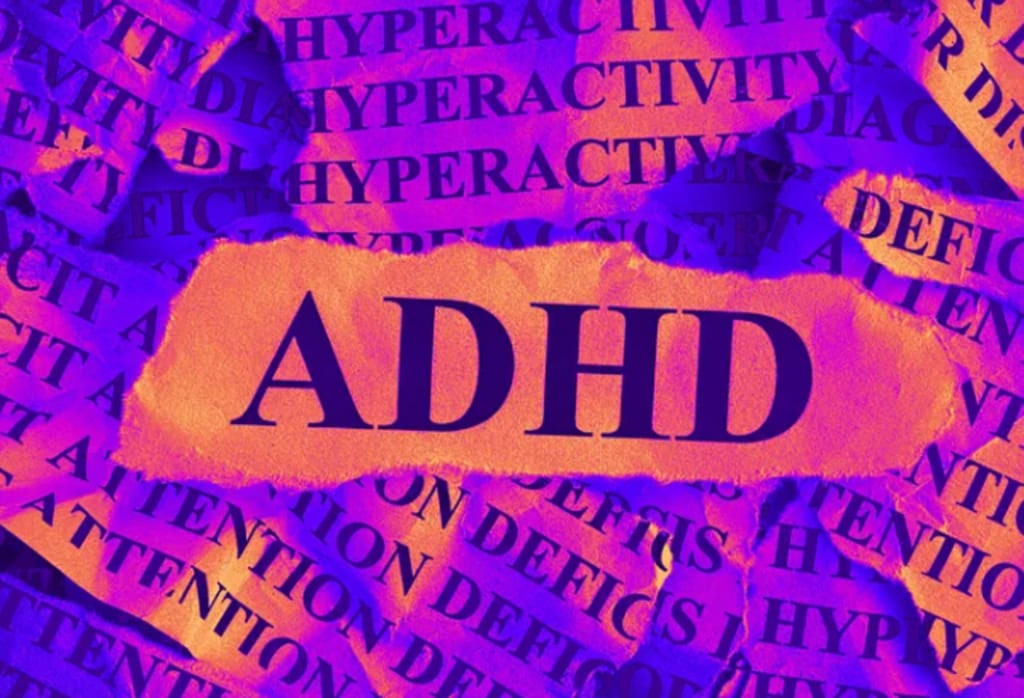The vulnerability of adults with ADHD to gaslighting: Identifying psychological manipulation and stop the abuse
Individuals with ADHD, both men, and women, are frequently singled out by gaslighters. Learn to identify the signs of psychological and emotional manipulation and discover effective strategies to put an end to the abuse.

Individuals who are adults with ADHD might face increased susceptibility to gaslighting as a result of challenges related to self-esteem, past relationship difficulties, and feelings of guilt and shame. It’s important to recognize that there is hope, and it is possible to reconstruct your life even after enduring months or even years of gaslighting.
Gaslighting is a type of psychological or emotional mistreatment that involves using manipulative methods to establish dominance over someone else. Gaslighters achieve this by consistently lying or undermining the truth, causing their victims to feel uncertain and doubtful about themselves.
What is gaslighting
Gaslighters employ various tactics to manipulate their partners, such as hiding their belongings and blaming them for being “irresponsible,” “lazy,” or attributing their actions to their ADHD. Another common gaslighting technique is discouraging their partner from taking ADHD medication, claiming to know better than medical professionals.
Typical gaslighting behaviors encompass:
-Denying or minimizing what you saw or heard.
-Engaging in frequent infidelity while excessively accusing you of cheating.
-Asserting that others perceive you as mentally unstable.
-Creating conflicts and fostering a divide between you and other individuals (referred to as “triangulating”).
-Initially idealizing you, then devaluing you, and ultimately discarding the relationship.
Gaslighting entails manipulating an individual to the point where they doubt their own thoughts, memories, and perceptions of reality, ultimately leading them to question their sanity. Such situations typically generate feelings of confusion, insecurity, and a sense of being constantly held accountable. Gaslighting is an intensely personal experience fueled by a deep-seated sense of shame, often concealed by the victim. It instills doubt in one’s core beliefs, cognition, self-confidence, judgment, memories, and motivations. This profound confusion can make the victim susceptible to being misled as they seek assistance from others.
Escalation: How accusations become facts
Through consistent and often exaggerated emotional pressure, the other person transforms an accusation regarding a questionable event into an accepted fact. They magnify the perceived harm you have caused them to the extent that it becomes a central and defining aspect of your relationship.
This dynamic puts you in a defensive position, granting the gaslighter ongoing leverage. Regardless of the positive actions you take or the negative actions they may have committed, you are deemed unworthy of their love and kindness. Despite their claim of “doing their best to forgive you” for your supposed heinous crime, you feel indebted and obligated to fulfill their demands in order to resolve the issue. However, your efforts are never deemed sufficient or satisfactory.
You gradually internalize a perception of yourself as inherently evil and a failure, despite genuinely believing that you acted in the right way. This self-perception raises doubts within you, further eroding your trust in yourself. Instead of rightfully expressing anger, you seek the truth from the gaslighter, as you no longer have confidence in your own judgment. The manipulation becomes baffling to you, leaving you feeling self-loathing and experiencing humiliation and a sense of weakness when you eventually realize the truth.
This form of conditioning keeps you in a constant state of apprehension, hyper-aware of even the slightest mistakes you make. It manifests in situations such as being placed on a Performance Improvement Plan at work, where you consistently strive to please individuals who are only keeping you there until they can find a replacement. You exert excessive effort to meet their expectations, all while enduring the knowledge that they are seeking someone else to take your place.
Why are people with ADHD targeted?
Gaslighters possess a keen awareness of a person’s vulnerabilities and deliberately target those who are experiencing grief, feelings of inadequacy, or isolation. If you have ADHD, it is likely that you grew up with a sense of being inferior. Maintaining friendships or relationships may have been challenging, and you may have faced dismissive judgments from others labeling you as “difficult.” When encountering a gaslighter for the first time, they engage in a tactic known as “love bombing.” They shower you with everything you’ve longed to hear, particularly after a lifetime of rejection, with the aim of captivating you. Once you become committed to the relationship, the gaslighter’s abusive behavior commences.
In the initial stages, the gaslighter shows an interest in your fears and insecurities. It can feel comforting to have someone genuinely listen and care about your thoughts. However, the gaslighter is actually collecting this information to later use it against you as ammunition. Eventually, you might hear statements like, “It’s no surprise you don’t have friends. Everyone knows you’re crazy.”
When you decide to end the relationship, the gaslighter will engage in a manipulative tactic known as “hoovering” to lure you back. They may reach out to you through mutual friends or family, expressing how much they miss you. They will make grand promises, but they will never offer a genuine apology because they do not believe they have done anything wrong. The gaslighter’s fear of losing their ability to control and manipulate you drives them to bring you back into their grasp. However, once you return, all the promises made to you evaporate, and the relationship becomes even more abusive than before.

When ending a gaslighting relationship, it is crucial for most individuals to adopt a “no contact” approach. This involves blocking the gaslighter’s phone numbers and email addresses. Inform friends and family that you will not entertain any messages delivered through them. Seeking support from a licensed mental health professional is highly recommended, particularly because individuals with ADHD are susceptible to anxiety and mood disorders.
It is essential to establish and adhere to an ADHD treatment plan while rebuilding connections with emotionally healthy individuals in your life.
About the Creator
Enjoyed the story? Support the Creator.
Subscribe for free to receive all their stories in your feed. You could also pledge your support or give them a one-off tip, letting them know you appreciate their work.





Comments
There are no comments for this story
Be the first to respond and start the conversation.